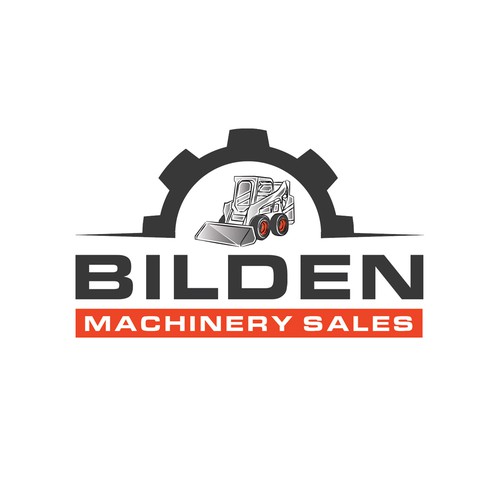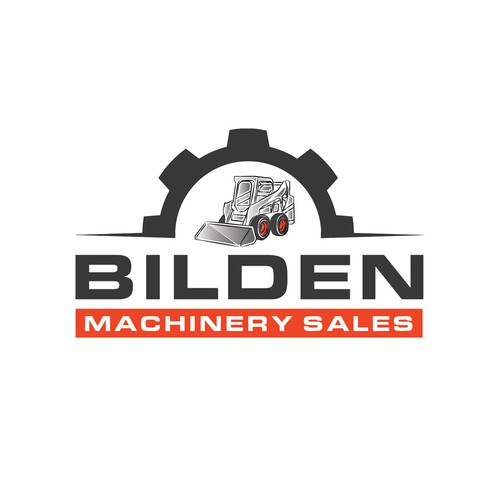A dhoop batti making machine is used for producing dhoop batti, which are traditional Indian incense sticks or cones made from natural ingredients like herbs, resins, and essential oils. These machines automate the process of mixing, forming, and sometimes drying the dhoop batti, making it easier for manufacturers to produce these aromatic products. Here’s an overview of their features, types, and applications:

Key Features
Mixing Unit:
- The machine typically includes a mixing chamber where natural ingredients, powders, and binders are combined to create a homogeneous mixture.
Forming Mechanism:
- The mixed dough is then shaped into sticks or cones using a forming unit, which can be adjusted to create different sizes and shapes of dhoop batti.
Drying Process:
- Some machines may include a drying unit to remove moisture from the formed dhoop batti, ensuring they burn evenly and have a longer shelf life.
Control Panel:
- User-friendly controls allow for easy operation and monitoring of the mixing, forming, and drying processes.
Output Capacity:
- Machines vary in capacity, from small-scale units suitable for home or artisanal production to larger industrial machines for mass production.
Types of Dhoop Batti Making Machines
Manual Machines:
- Simple hand-operated machines suitable for small-scale production, often used by artisans or small businesses.
Semi-Automatic Machines:
- These machines automate some processes, like mixing and forming, while still requiring some manual handling.
Fully Automatic Machines:
- Designed for high-volume production, these machines handle the entire process from mixing to forming and drying, ideal for larger manufacturers.
Applications
- Incense Production: Used by manufacturers of dhoop batti for retail distribution.
- Home Use: Smaller models may be used by individuals for personal production of incense for religious or aromatic purposes.
Advantages
- Efficiency: Automating the production process significantly speeds up manufacturing and reduces labor costs.
- Consistency: Ensures uniformity in size and quality, which is important for performance and customer satisfaction.
- Natural Ingredients: The ability to use a variety of natural materials allows for customization of scents and properties.
Maintenance
To ensure optimal performance, regular maintenance is essential, which may include:
- Cleaning the mixing and forming components to prevent buildup of materials.
- Inspecting and lubricating moving parts to ensure smooth operation.
- Checking electrical systems and controls for safety and functionality.





